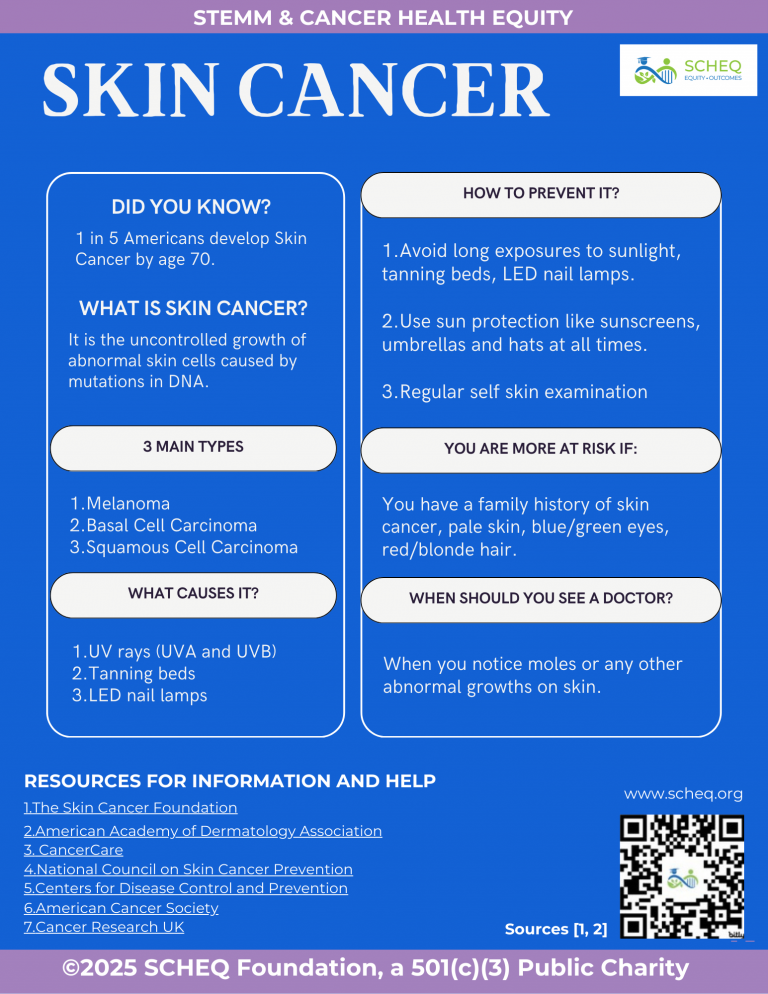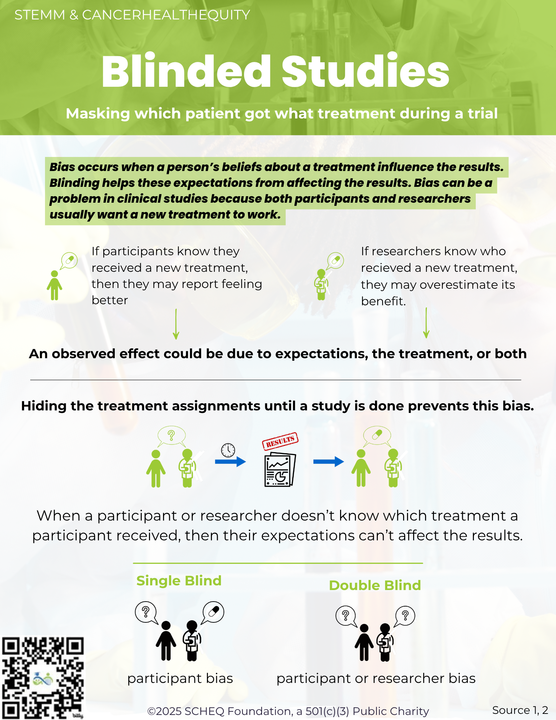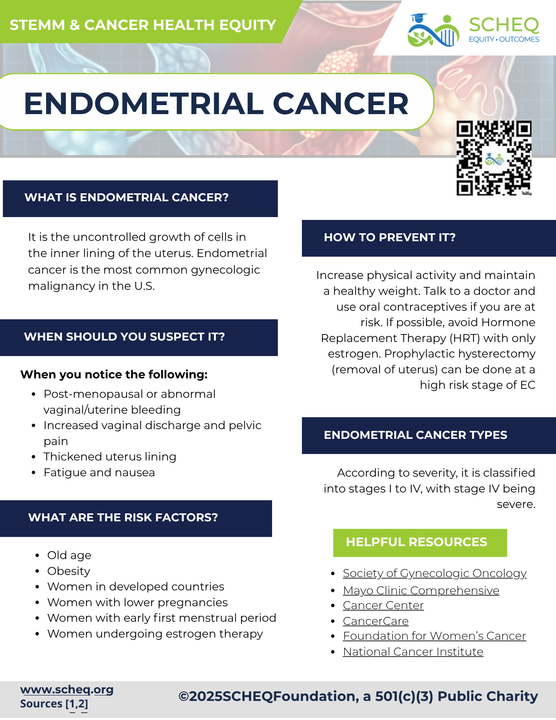This year’s Florida Society of Clinical Oncology (FLASCO) Cancer Disparities & Health Equity Summit was held in Tampa at the Renaissance Tampa International Plaza Hotel on Nov 8 – Nov 9, 2024. This conference brings together many leaders across patient advocacy, oncology, pharmacy, nurses, administrations, surgeons, and industry. The speakers discussed various programs, research studies, and initiatives that address and reduce disparities. We highlight some takeaways below:
Zipcode Playing a Role in Disparities
We often talk about Social Determinants of Health, stress, and DNA, but we rarely talk about what has been coined the ZNA. In Chicago, depending on where you live can directly impact your life expectancy and cancer risk. Where you grew up can also impact your later cancer risk, even if you move to a more affluent neighborhood. Environment on top of stress can drive changes in the DNA that can impact cancer susceptibility.
Social Media in Education and Cancer Disparities
SCHEQ spoke on this panel this year. There was a wide-ranging discussion about using social media to educate patients and the public, mistrust, and how platforms have changed. One platform has become filled with bots, fake profiles, racism, and explicit imagery that has required many to lock or close their profiles. It is important to determine one’s bandwidth for social media. Just because others have prolific social media profiles, does not mean you have to mimic them. Create the content that reflects what you want to convey and that is consistent with how you want to be perceived. Determine how many platforms you need to be on, and which audience you are trying to reach. There is still power in using social media to connect with the community and build trust. Trust just takes time to build and will not happen overnight.
Disparities in Clinical Trial Diversity
While there have been stated efforts to increase clinical trial diversity, there has still been little progress made. Black patients account for 12% of the total cancer population, yet only 3% of participation in pharmaceutical company sponsored clinical trials. Black and Hispanic patients are underrepresented in FDA approved trials. Some approaches to mitigating this include addressing issues of mistrust (this extends beyond belief, but also how patients are treated in general when at hospitals), intentional selection of sites that will have enriched populations, reducing implicit bias, and incorporation of disparities into trial design and analysis.
Health Equity across the care continuum
We define health equity as an intentional intervention that reduces a disparity or inequity that leads to equitable outcomes. Approaches include building trust and cultural competence.
- Ask open-ended questions may get you closer to what you need than closed-ended questions. It especially helps with people that communicate beyond the textbook.
- Address disparities as early as diagnosis which can entail extended clinic hours, weekend clinic hours, and free screening programs.
- Be cognizant of the barriers that individuals may face, which will be unique. The person may be concerned about transit, care-giving responsibilities, safety, or time to travel.
- Increasing health literacy is a key to improving outcomes. This entails making materials understandable, diverse in representation, in multiple languages, or including visual materials like infographics or videos.
- Community engagement through meeting people where they are. One needs to be present or work with community-based groups. One could participate in health fairs, educational events, and train people from the communities. Each of these can be tested, designed, assessed, and improved.
Overall summary:
FLASCO Disparities is a great event to learn about leaders working to address disparities and inequities in cancer. It is inspiring to learn about the work being done across the country that is being done to improve outcomes for those that are historically underrepresented in the clinic and in the workforce.
Eugene Manley, Jr. PhD. Is the Founder and CEO of the SCHEQ Foundation (STEMM & Cancer Health Equity) in New York City. Dr. Manley is a Mechanical Engineer, Biomedical Engineer, and Molecular and Cell Biologist that is dedicated to mentoring, health equity, workforce diversity, training programs, partnerships, and advocating for underserved and marginalized populations.
Interested in learning more about SCHEQ? Please visit our website. If you would like to donate to help us achieve our mission, please click here. If you would like to use another option like stock, wire, or donor advised fund, please contact us. We are a fiscally sponsored organization by the Goodnation Foundation, with EIN number 81-4768488.




